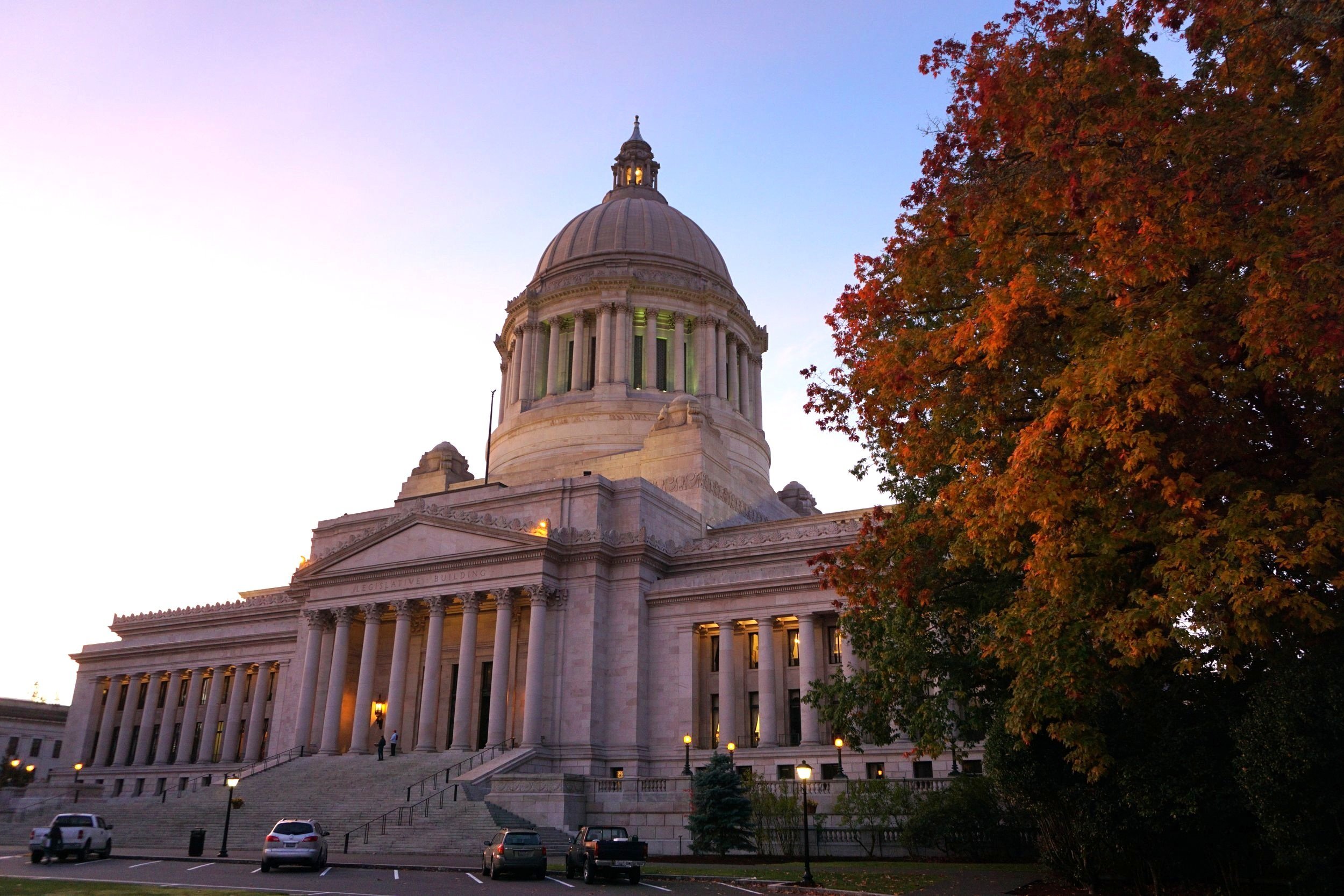
Your Right to Know Report
Perspectives | 5
The following essays represent the analysis and viewpoints of their authors.
Government Keeps Erecting Hurdles for Records Requesters
State and local governments keep trying to put more bureaucratic obstacles in front of requesters. The stumbling blocks include lengthy administrative appeals and ambiguous dates for final installments. Such maneuvers make it harder for requesters to prevail in records disputes and discourage them from challenging agencies.
Just when Charlie Brown thinks he’s going to kick the football, Lucy yanks it away. Once again, Lucy foiled Charlie Brown’s attempt for a goal.
So, too, public agencies can arbitrarily move the ball when responding to Public Records Act (PRA) requests by creating bureaucratic obstacles for requesters. These come in different forms.
For instance, San Juan County enacted an ordinance that required a requester to exhaust administrative remedies created by the county to be able to sue the county for PRA disclosure violations. The Washington state Supreme Court struck down this ordinance in Kilduff v. San Juan County. (1)
The Supreme Court rejected the county’s claim that this ordinance was a proper rule, enacted to fulfill the duty to publish substantive and procedural rules governing records requests in RCW 42.56.040. The court reasoned that creation of a new administrative rule that hampered, rather than promoted, public access to records was not authorized by the PRA. Such a rule is an unauthorized roadblock to judicial review of an agency’s denial of a PRA request under RCW 42.56.550.
Yet, the Washington Legislature in its 2023 session tried to adopt a new, administrative review process as a prerequisite to a lawsuit in House Bill 1597 by adding to RCW 42.56.550, “A party seeking judicial review must have exhausted all administrative remedies provided under RCW 15 42.56.520 and shall sign a certification attesting that the request for records is not being made for any improper purpose.” This bill did not pass, but its support is indicative of many government agencies and local officials’ desire to limit accountability for PRA violations by creating new hurdles.
“Last installment” mysteries
Currently, the right to review is triggered by final agency action on a request, which does not depend on administrative exhaustion. Agencies can mess with this right by not clearly telling the requester that the agency has closed the request, either through ambiguous language or by simple inaction on a request for a long period of time. Because an agency can produce records in installments, it can be hard to tell that the agency has finished, or closed a request.
Under the problematic case of Hobbs v. Washington State produced in Auditor’s Office (2), a PRA lawsuit is not ripe until “some agency action, or inaction, indicating that the agency will not be providing the responsive records.”
Requesters face a conundrum in ambiguous situations, where it is hard to tell when an agency has provided the final installment of records. If a requester sues, to stay within the one-year statute of limitations for PRA actions in RCW 42.56.550(6), an agency could argue that it wasn’t finished with its response, so the appeal should be dismissed under Hobbs. If the requester does not sue within that time, an agency can argue the suit is time-barred because it was not brought within one year of the “last installment.”
Agencies can, and will, erect other bureaucratic impediments to full and prompt access to public records in many other ways.
They can provide lengthy estimates of time for when they will respond under RCW 42.56.520. The agencies entirely control the reasonableness of this estimated response time, which requesters cannot challenge. The PRA only requires an agency to provide a “reasonable estimate, not a precise or exact estimate.” (3). Moreover, the PRA does not bind an agency to its original estimate; an agency is permitted additional time to locate and provide public records. (4).
Many agencies have recently required requesters to ask for records via a web form that includes disclosing the identity of the requester and the purpose for requesting. The PRA, however, does not require use of a form; an email, letter or even verbal request in person may suffice. Also, requesters may be anonymous, and the PRA bars consideration of the requester’s purpose so long as it is not commercial use of a list.
Agencies, by policy, can require requesters to figure out which department within a large agency is the responsible responder for a PRA request (i.e., the fire department versus the police department), and delay or deny a request submitted to the wrong department, a common practice with King County.
Agencies can provide records in the format of their choosing. They are not required to provide records in electronic form, even if requested in the PRA request. (5). This can delay response times and impose additional costs on the requester for paper copies of public records under RCW 42.56.070;.120.
Unfortunately, many public agencies erect unnecessary barriers for requesters that can only be abolished through litigation and appeals. These benefit agencies delay responses and undermine the purpose of the PRA.
Judy Endejan is a Seattle attorney who has represented media and communications clients in private practice and as corporate counsel. She is a founding WashCOG board member.
Endnotes
- Kilduff v. San Juan County, 194 Wn. 2d 859, 453 P. 3d 719 (2019).
- Auditor’s Office, 183 Wn. App. 925,936, 335 P. 3d 1004 (2014).
- Andrews v. Wash. State Patrol, 183 Wn. App. 644, 652, 334 P.3d 94 (2014).
- Hikel v. City of Lynnwood, 197 Wn. App. 366, 373, 389 P.3d 677 (2016).
- Wash. Coalition v. Pierce County, 2019 Wash. App. LEXIS 392 (Div. II Feb. 2, 2019).
